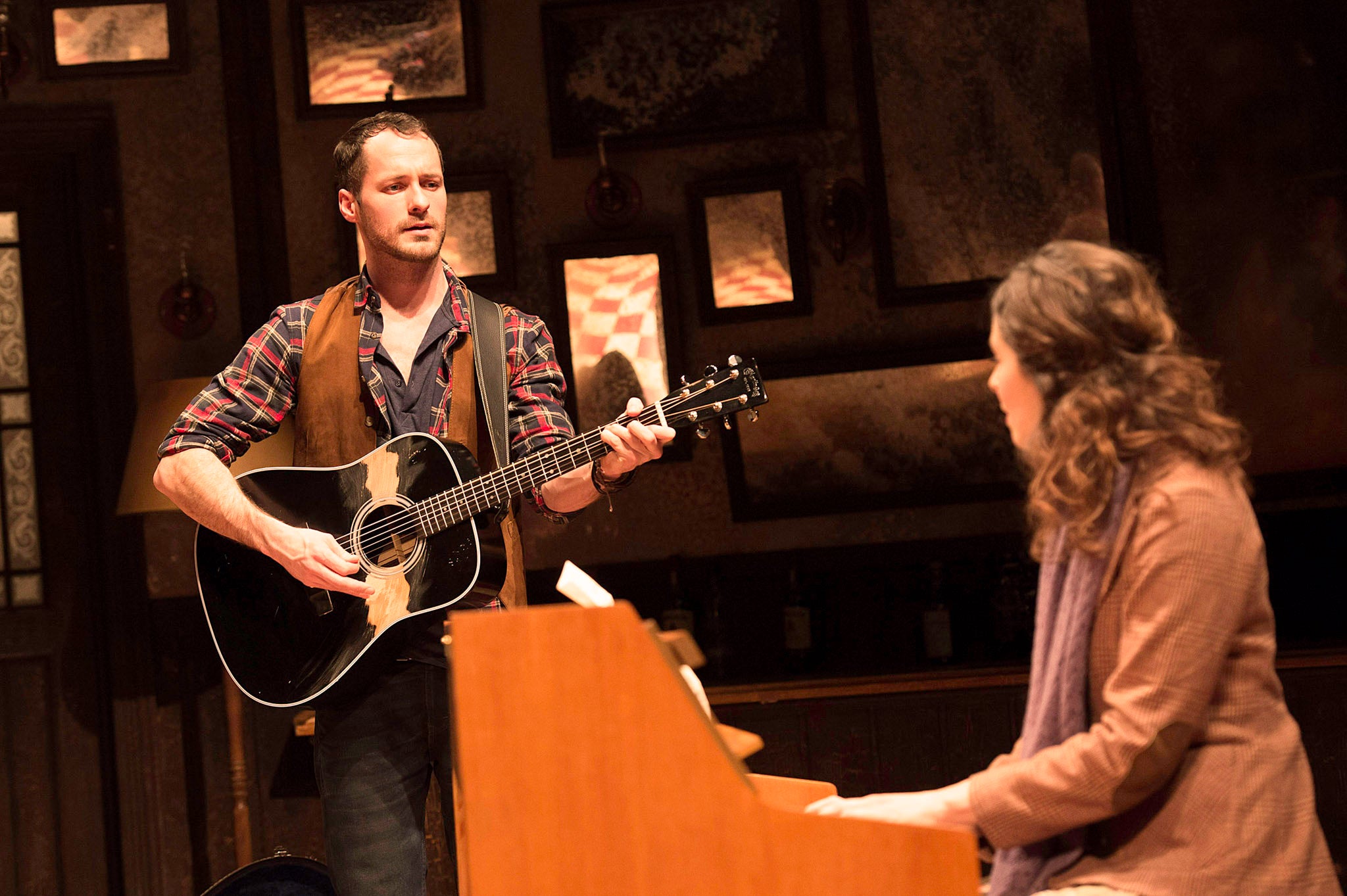You can't make a West End musical out of a movie soundtrack
Plus, why it's often best to expect the worst when consuming culture

I found myself wondering the other day whether the Walkman effect was just an evanescent thrill in human experience, doomed to fade to ordinariness. What I was thinking about was the discovery – and it really did feel like a discovery – that virtually any activity could be invested with emotional depth by slipping on a pair of headphones and pressing "Play" on a Sony Walkman.
These days we take it for granted that the soundtrack of the world can always be adjusted to meet our needs. But when the Walkman was first introduced the ability to mesh the real world with your own choice of music was almost magical. Car radios had delivered a little of the thrill, and movies had taught us how potent it could be. But suddenly everything could have a soundtrack. The transformative alchemy of music could be applied anywhere, so that a trip to the launderette could be accompanied by Bach and Elvis would help you walk the dog.
One of the discoveries of that time was that the most potent combinations of sight and sound were never easily predictable. Grand opera might dependably confer transcendence on a train journey but odd things could happen too. You'd be listening to some quite ordinary pop song and suddenly be pole-axed by the coincidence of experience and that particular bit of music. And on those occasions the benefits flowed in both directions. What you were doing, however routine and unexciting, seemed gilded with larger meaning. But the pop song suddenly seemed more important too, not just a pleasant diversion but a new kind of truth about this thing you were doing.
In film-theory jargon what the Sony Walkman and its many imitators did was to introduce non-diegetic music to everyday life. Diegetic music on film is the stuff that's explained by what you see on screen – music that forms an integral part of the story. Non-diegetic music is everything that the director lays on later, that unexplained suffusion of coercive sound that we take for granted as one of oldest conventions of cinema (older even than speech). And part of its power, I think, derives from the fact that you're not fully paying attention to it. It's even a truism of film composition. If you notice the music, consciously, it's probably not doing its job as it should be. Its task is to steal into you unobserved while you keep an eye on the story.
What prompted these thoughts was Once, Glen Hansard and Marketa Irglova's musical, which has just opened in London after a triumphant Broadway run that earned it eight Tony awards. Once started life as a film in which the music moved amphibiously between diegetic and non-diegetic, since the story was built around the love songs composed by a street musician, sometimes played on-screen, sometimes flowing over footage in which no one had an instrument in their hands. And the most interesting thing about the stage show is that it makes that helpful blurring impossible.
In a film, music can sometimes step back, and it won't matter if it's incidental. In a musical, the drama steps back temporarily and it's critical that the music will bear our undivided attention. And lovely as some of Glen Hansard's songs are I'm not sure they can all sustain that. Judging from the first-night audience, I was very much the odd one out, but in the simple fact that the songs will always be centre stage and under the spotlight, I felt something had been lost. You might describe it as the aural equivalent of the corner of the eye, that unguarded opening to melodies you don't fully hear, and don't fully listen to, and which penetrate so much deeper as a result.
Hardy and Parr: now that's a show
I went to see The Photographers' Gallery Bert Hardy show recently, a small collection of some of his best-known images – all of British life and all for sale. It's worth a detour as long as it's a short one; the images are well known and aren't very different here than they are in reproduction. But I did find myself conjuring up an exhibition that might be worth the journey after being struck by the similarity between Hardy's subject matter and that of Martin Parr, a photographer of a very different sensibility. Set one of his pictures of ordinary Britons out for the day in New Brighton alongside Hardy's photos of holidaymakers and you'd have a very telling contrast. I'd go along to that.
It's often best to expect the worst
I've written before about the advantage of low expectations in the consumption of culture. But outright dread has its virtues too. Entering the Young Vic to watch My Perfect Mind, Edward Petherbridge and Paul Hunter's two-hander about the vagaries of the theatrical life I was braced to take a punch. The central subject – the stroke that robbed Petherbridge of his chance to play King Lear – seemed to pretty much guarantee thespian grandstanding and sentiment. My fears couldn't have been further from the mark. It's funny, self-deprecating, silly in the most inventive ways and very touching about the humiliations (and acquired wisdom) of old age. I'd recommend it but you'll enjoy it even more if you go fearing the worst.
Join our commenting forum
Join thought-provoking conversations, follow other Independent readers and see their replies
Comments